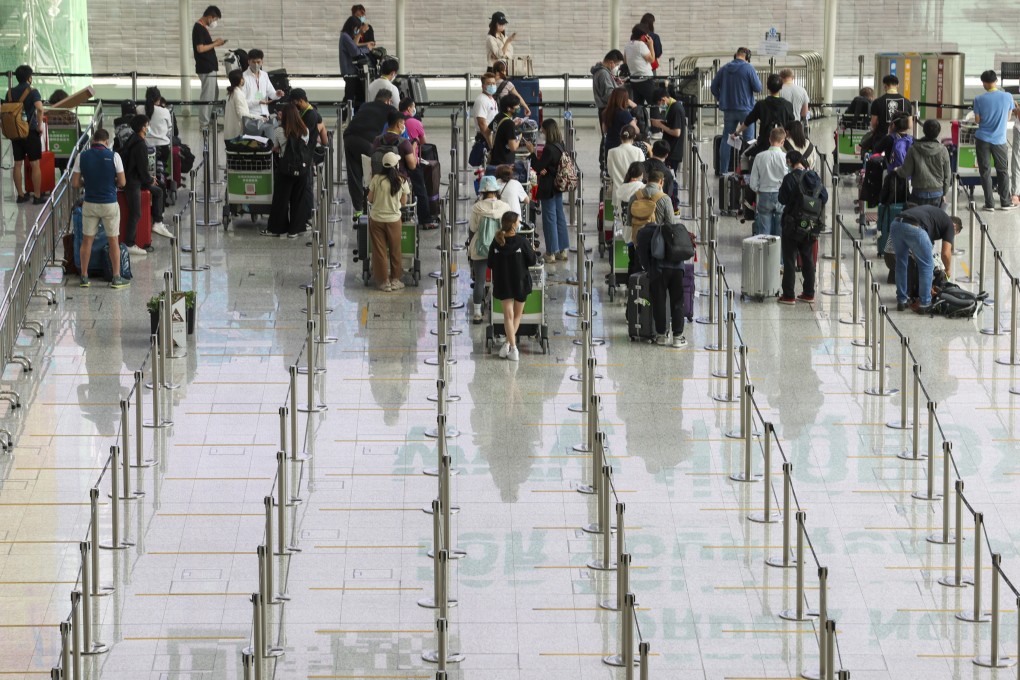Letters | Why Hong Kong should simply scrap Covid-19 quarantine
- Readers discuss Hong Kong quarantine requirements, why five days in quarantine should suffice, how the American system deals with extreme views, and the kindness of strangers

I have been in quarantine nine times in Hong Kong. I am fully vaccinated and have previously contracted Covid-19 and experienced the treatment offered by the government-run medical facility in Lantau (that’s another story).
The merits of mandatory quarantine are debatable in the third year of the pandemic and whether one has been previously infected or not should surely be considered.
With the incubation period of the current Omicron strain standing at just three days, a reasonable person is left to ponder: have the restrictions – masks, vaccinations, isolation, quarantine and other precautions – actually prevented the spread? And if so, why are we still having wave after wave of coronavirus?
To many, common sense seems to have evaded the Hong Kong government and we are now subject to the repercussions of the unsustainable “zero-Covid” policy.